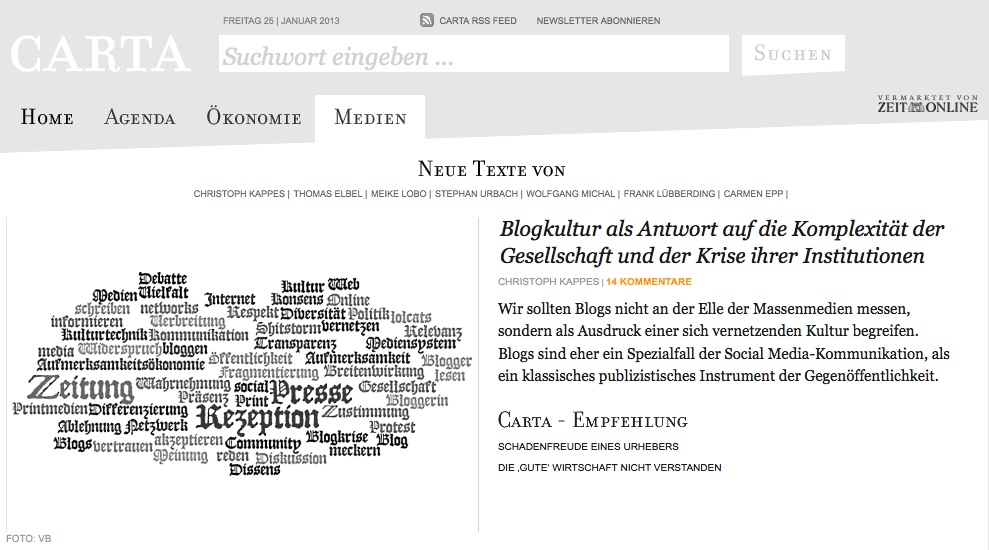Schweizer Journalist, Nr. 8+9
Twenty years later, it is time to explore the results of the transformation.
This sentiment was at the core of “Beyond East of West: Two Decades of Media Transformation After the Fall of Communism,” an international conference in Budapest. Critics point out that public service broadcasting is in crisis, political pressure on the media persists, journalistic achievement is often weak, concentrated media ownership is increasing, media pluralism is at risk, minority access to media remains scarce, nationalist and hate speech is spreading, technological change in communications is slow and commercialization and tabloidization dominate the media landscape.
Yet others maintain that media change has had success (of sorts), with the media in post-Communist countries functioning as well (or as poorly) as media systems elsewhere.
Several pertinent questions exist. Were Western media models and concepts appropriate for the post-1989 social, political, economic and cultural realities of Central/Eastern Europe? What are the future trajectories of media development in the region? How do institutions perform when transplanted into a disabling rather than enabling environment? If the strategy of imitating Western models was wrong, what other choices exist? Is the sense of disenchantment felt by many justified? Could more have been achieved in this period? What should media systems and media policy aim for during the next five years?
Unfortunately, conference participants were unable to answer these and other important questions.













































